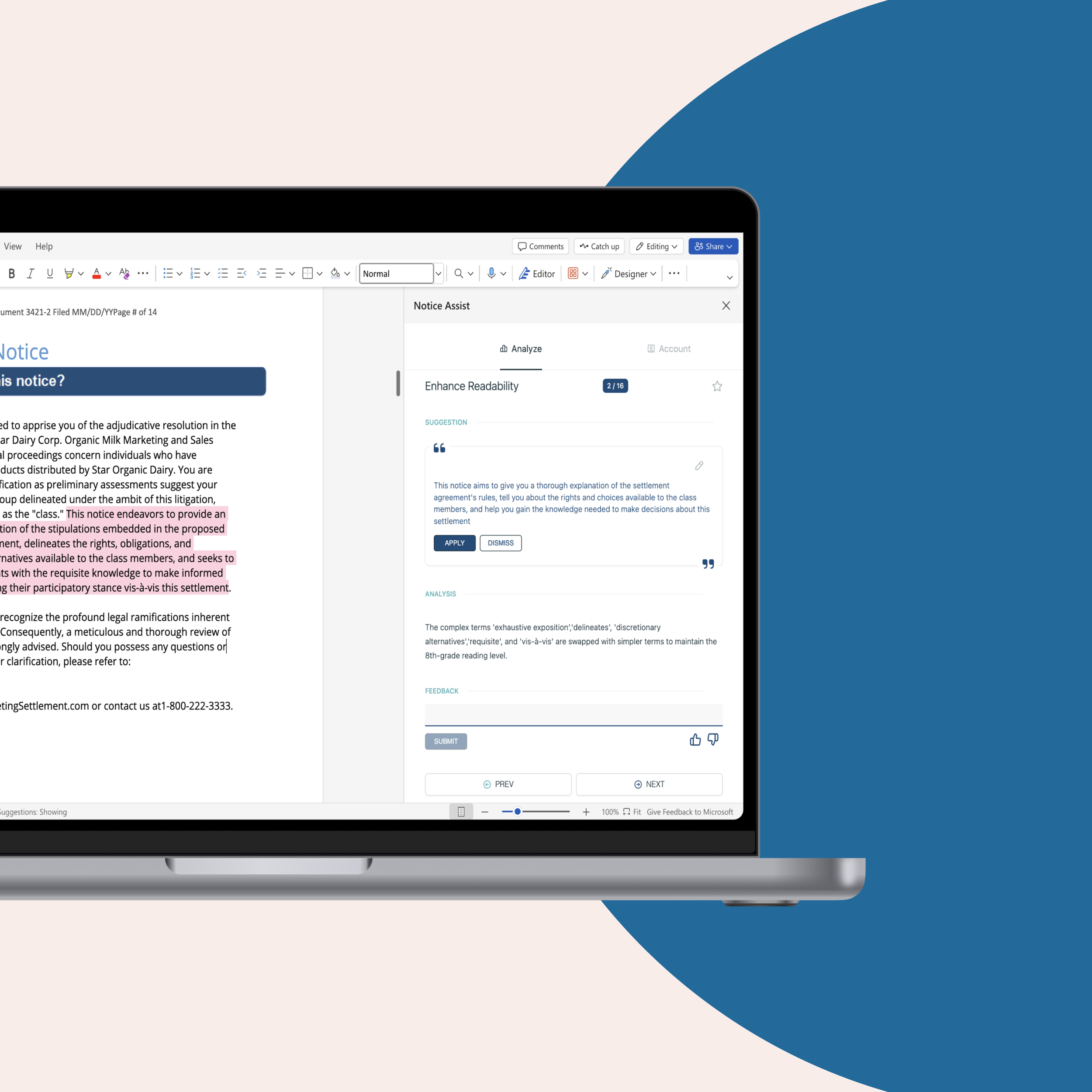Answering Question Left Open by SCOTUS, D.C. and Seventh Circuits Side With Plaintiffs on Specific Personal Jurisdiction in Class Actions
Jocelyn D. Larkin, Executive Director
In quick succession last week, the D.C. and Seventh Circuits handed down two decisions favorable to class action plaintiffs on specific personal jurisdiction in federal court.
The story begins three years ago with Bristol-Myers Squibb Co. v. Superior Court, 137 S. Ct. 1773 (2017), an 8-1 decision by the U.S. Supreme Court with Justice Sotomayor dissenting. In that mass tort action, the high court prohibited a state court from exercising specific personal jurisdiction over state law claims of non-state residents. It concluded that “the suit must arise out of or relate to the defendant’s contacts with the forum.” In other words, “there must be an affiliation between the forum and the underlying controversy, principally, an activity or an occurrence that takes place in the forum State and is therefore subject to the State’s regulation.” Id. at 1780.
The Court’s analysis was grounded in due process and it explicitly left open whether the Fifth Amendment imposed the same constitutional due process limits on the exercise of personal jurisdiction in federal courts. Id. at 1783-84. Justice Sotomayor also explained in her dissent that the Bristol-Myers decision did not address specific personal jurisdiction in class actions. 137 S. Ct. at 1789 n.4.
In the first of the new decisions, Molock v. Whole Foods Market Group, Inc., No. 1:16-cv-02483, 2020 WL 1146733 (D.C. Cir. Mar. 10, 2020), Whole Foods had moved to dismiss the claims of unnamed class members in a wage case asserting state law claims in federal court sitting in diversity, citing Bristol-Myers. The district court denied the motion on the merits and certified the issue for interlocutory appeal. The Court of Appeals ruled, on a 2 – 1 vote (J. Tatel, J. Garland), that the order should be affirmed but on different grounds. Instead, the panel majority held that the motion to dismiss unnamed class members was premature because, until the class was certified, the class members were not parties.
Dissenting, Judge Silberman wrote that the motion was really just a standard motion to dismiss class allegations and that it was addressed to the claims, not to the parties. He complained that the majority rationale (i.e. that the motion was premature) had not been raised below and was therefore waived. But, the dissent also had to concede that the defendant did not even cite Rule 23 in its motion, but nonetheless recast it as a motion to dismiss class allegations. Judge Silberman went on to recognize that while the scope of “minimum contacts” would be the United States, rather than the state forum, Congress had never authorized federal courts to exercise personal jurisdiction over claims in a nationwide class action. In his final footnote, and in the face of decades of established precedent and practice on a fundamental issue of federal court jurisdiction, he professed puzzlement that no one had ever raised this personal jurisdiction challenge to nationwide class actions until now.
Chief Judge Wood, writing for a unanimous panel in the 7th Circuit concluded that Bristol-Myers did not apply to class actions.
Before the ink was dry, the Seventh Circuit issued its decision in Mussat v. IQVIA, Inc. No. 19-1204, 2020 WL 1161166 (7th Cir. Mar. 11, 2020). This case is a TCPA junk fax nationwide class action against an out-of-state defendant. Chief Judge Wood, writing for a unanimous panel here, concluded that Bristol-Myers did not apply to class actions. She noted that the Supreme Court has “regularly entertained cases involving nationwide classes where the plaintiff relied on specific jurisdiction. . . without any comment about. . . the supposed jurisdiction problem.”
Her analysis focused on how class actions are procedurally different, namely that absent class members are not full parties to the case for many purposes. That principle comes directly from the Supreme Court’s decision in Devlin v. Scardelletti, 536 U.S. 1 (2002): “[n]onnamed class members. . . may be parties for some purposes and not for others. The label ‘party’ does not indicate an absolute characteristic, but rather a conclusion about the applicability of various procedural rules that may differ based on context.” Id. at 10. Absent class members are not, for example, relevant to subject matter jurisdiction (diversity) or venue. The determination of specific personal jurisdiction should similarly be based on the named plaintiffs alone.
The Chief Judge also rejected defendant’s reliance on Rule 4(k) regarding service of process. That rule controls how and where to service process; “it does not specify on whom process must be served.” Slip Opinion at 11. Finally, she noted that the language and notes for Rule 23(b)(3) contemplate the possibility that a class action may “extend beyond the boundaries of the state where the lead plaintiff brings the case.”
So, good news for plaintiffs today, but these cases are not the last we will hear on this subject.












